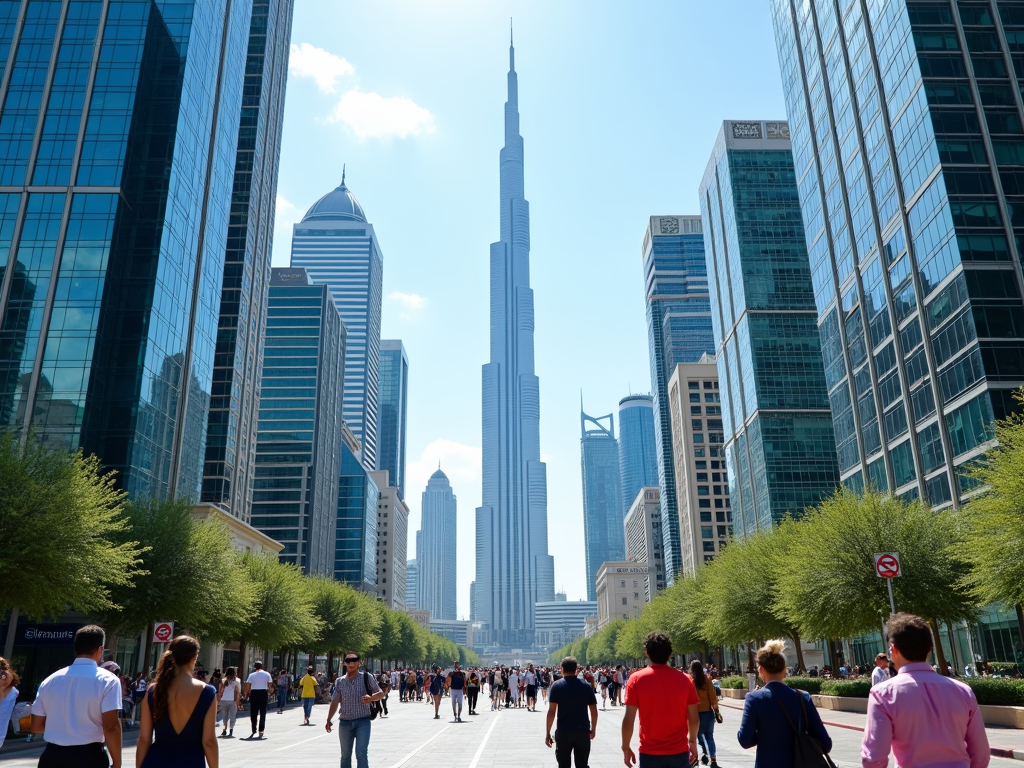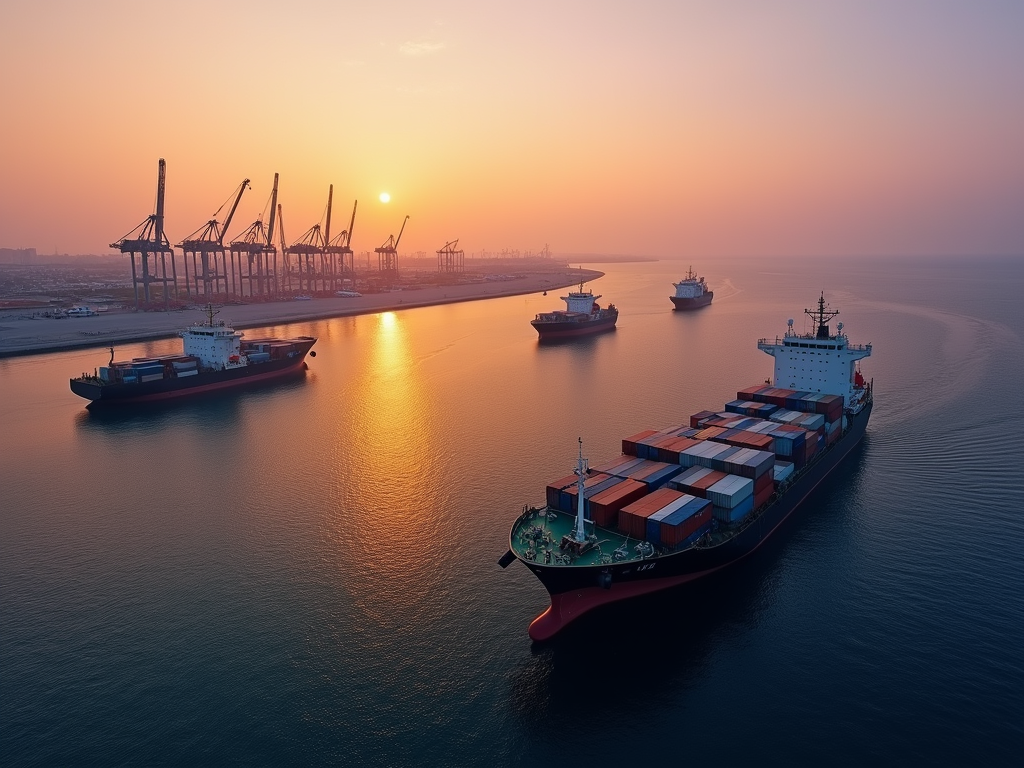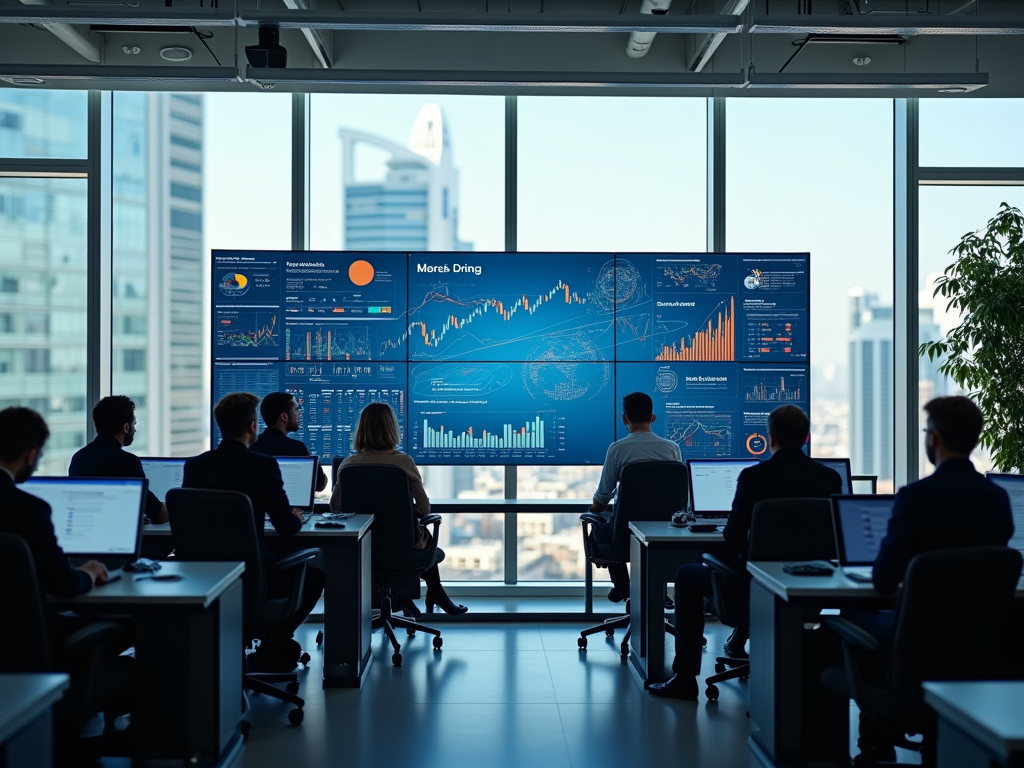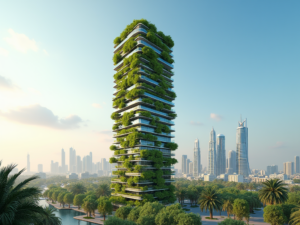
Dubai’s well-developed infrastructure plays a pivotal role in facilitating and enhancing global business growth. The city has strategically positioned itself as a global hub for commerce, trade, and innovation, making it an attractive destination for businesses worldwide. From state-of-the-art transportation systems to advanced technological facilities, Dubai’s infrastructure is specifically designed to meet the needs of a rapidly evolving global market. This article explores the critical aspects of Dubai’s infrastructure that contribute to its business-friendly environment.
1. Transportation Networks That Connect the World

One of the most significant features of Dubai’s infrastructure is its exceptional transportation network. The city possesses a seamless combination of air, sea, and road transportation modes that facilitate easy access to international markets. Dubai International Airport is consistently ranked among the top airports globally, serving millions of passengers and tons of cargo annually. Furthermore, the Jebel Ali Port is the largest and busiest port in the Middle East, making it a vital trade gateway. Here are some key aspects of Dubai’s transportation networks:
- Extensive metro and public transportation system for ease of movement.
- Strategic location linking East and West, enhancing trade opportunities.
- High-quality road infrastructure that supports efficient logistics.
- Regular expansion and upgrading of airport facilities to increase capacity.
- Free trade zones that simplify customs processes for businesses.
2. Advanced Technological Infrastructure

Dubai is investing heavily in technological infrastructure to support its ambition to become a smart city. This futuristic approach not only enhances living standards for residents but also creates a conducive environment for businesses. The presence of numerous tech parks and innovation hubs has attracted startups and established companies alike. Additionally, initiatives like the Dubai Blockchain Strategy showcase the city’s commitment to embracing cutting-edge technology. Important features include:
- 5G connectivity enabling faster and more reliable communication.
- Smart city initiatives that utilize data analytics for improved urban management.
- Innovation hubs that foster collaboration among tech companies.
- Access to digital platforms that facilitate e-commerce and online services.
- Investment in cybersecurity to protect business operations.
3. Regulatory Framework and Governance
Dubai’s regulatory framework significantly impacts its capacity to foster global business growth. The government has established a series of free zones with investor-friendly laws that provide various incentives, including tax exemptions and customs duty reductions. This legal framework creates a stable and predictable business environment, attracting foreign direct investment (FDI) and fostering entrepreneurship. Key points regarding Dubai’s regulatory framework include:
- Transparent and streamlined business registration processes.
- Zero corporate tax for companies in free zones.
- Robust intellectual property protection to encourage innovation.
- Flexible labor laws that support workforce mobility and diversity.
- Ongoing legislative improvements to adapt to global market demands.
Dubai’s commitment to providing world-class facilities ensures that businesses have access to the best resources available. Office spaces, conference centers, and commercial developments are designed with modern aesthetics and functionality, catering to multinational corporations’ needs. The city’s focus on creating a vibrant business environment encourages networking and collaboration. Highlights include:
- State-of-the-art office spaces located in strategic areas like Dubai Marina and Downtown.
- Luxury hotels and accommodations for international business travelers.
- Exhibition and trade fair centers that attract global audiences.
- Access to high-quality catering and event planning services.
- Networking events and industry conferences that support business growth.
5. Diverse Economic Landscape
Lastly, Dubai’s diversified economy creates an ecosystem that supports various sectors, including finance, tourism, logistics, and technology. This broader economic base allows businesses to thrive and adapt to changing market conditions. By providing multiple avenues for growth, Dubai fosters a spirit of entrepreneurship and innovation. Notable sectors contributing to the economy include:
- Tourism: Attracting millions through attractions like Burj Khalifa and the Palm Jumeirah.
- Real Estate: A booming property market driven by foreign investment.
- Financial Services: An established hub for banks and investment firms.
- Logistics: A strategic focus on connectivity supporting global trade.
- Technology: A growing sector driven by innovation and startups.
Conclusion
In conclusion, Dubai’s robust infrastructure is integral to its reputation as a global business leader. The city’s transportation networks, advanced technological facilities, favorable regulatory framework, world-class amenities, and diverse economy position it as a prime destination for international companies. As businesses continue to seek growth opportunities in a dynamic global market, Dubai’s commitment to enhancing its infrastructure will undoubtedly support this ambition and attract more investment and innovation in the years to come.
Frequently Asked Questions
1. What makes Dubai a hub for global business growth?
Dubai’s strategic location, advanced infrastructure, and investor-friendly regulations create an ideal environment for businesses looking to expand into global markets.
2. How does Dubai’s transportation network support trade?
Dubai offers a well-connected transportation system, including a world-class airport and port, enabling efficient movement of goods and people, which is essential for trade.
3. Are there incentives for businesses in Dubai?
Yes, businesses in Dubai’s free zones enjoy incentives such as 100% foreign ownership, no corporate taxes, and easier customs regulations.
4. What sectors are thriving in Dubai’s economy?
Key sectors include tourism, real estate, financial services, logistics, and technology, each contributing to a diverse and resilient economy.
5. What role does technology play in Dubai’s infrastructure?
Technology enhances Dubai’s infrastructure through smart city initiatives, improved connectivity, and innovation hubs, which collectively support a flourishing business ecosystem.





